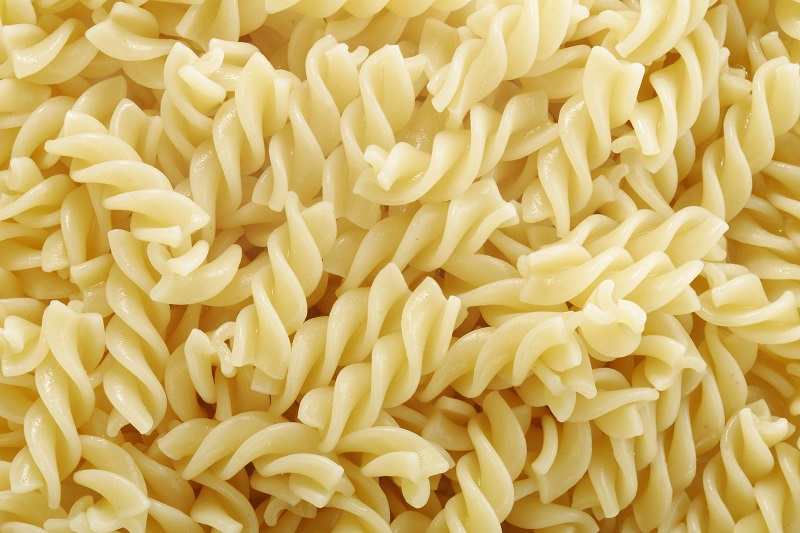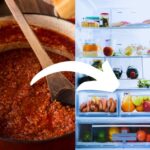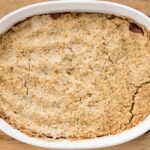It can be all too easy to end up cooking too much pasta if you’re preparing a popular dish like spaghetti Bolognese or a pasta bake.
If you have some extra penne, tagliatelle or fusilli left over when you’ve served up your meal, you may be wondering whether you can store it safely for use another day.
The good news is that you don’t need to throw your leftovers in the bin. There are several methods you can use to save your cooked pasta for another day.
Let’s take a closer look at how you can safely store cooked pasta ready to be turned into another delicious Italian-inspired dinner.
How Long Does Pasta Last at Room Temperature?
If you’ve ever left pasta at room temperature, you’ll no doubt have noticed that after a while it becomes unappealing, hard, and flavourless. But how long, exactly, can you leave pasta out safely?
If you cover the pasta up, you can leave it safely for about one to two hours before you find its flavour starts to deteriorate. If you want to keep it at room temperature for any longer than that, you’ll need to put it into an airtight container. That will keep it safe to eat for 24 hours.
If you’re going to do this, though, it’s a good idea to pop the container with the pasta in it into a warm oven since it will prevent the pasta from getting soggy during the cooling process.
If there is a sauce on the pasta, you can leave it at room temperature for around 4 hours if the weather is hot, or 12 hours on cooler days.
How Long Does Pasta Last in the Fridge?
Pasta has a shelf life of between 2 and 5 days when kept in a fridge depending on the type of pasta and whether or not it is in a sauce. It’s important to store it properly in the refrigerator though.
After cooking the pasta, run it beneath cold water so it becomes less sticky. Make sure you’ve removed the excess water then toss the pasta in three teaspoonfuls of olive oil or vegetable oil and coat it evenly, so it doesn’t clump together.
Place it into a sealed container before refrigerating it. Bear in mind that air needs to circulate well to prevent mould growth and maintain freshness, so choose a container that has sufficient space to allow the pasta to breathe.
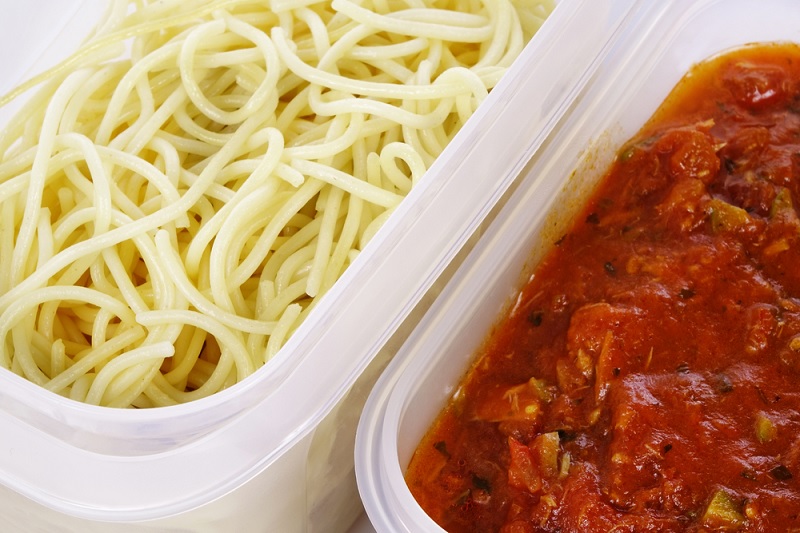
Can I Freeze Cooked Pasta?
It’s certainly possible to freeze cooked pasta and, in fact, it’s a good way of extending its shelf life. It will stay at its best when frozen for up to 1 or 2 months, but it will stay safe to eat indefinitely as long as it remains consistently at 0 degrees Fahrenheit (-18 Celsius), which is the standard temperature of a freezer.
When you freeze pasta, ensure it is thoroughly dried first before putting it into a freezer bag or airtight container. Alternatively, you can add sauce to the pasta before freezing it to create a ready to thaw and eat dish.
If pasta is thawed out in cold water or a microwave after freezing it must be eaten straight away. If it is thawed in your fridge, you can keep it in there for 3-4 days before you eat it.
What Is the Best Way to Store Cooked Pasta?
The best way of storing cooked pasta is inside an airtight container and in a fridge. Here are some things to note about storing cooked pasta effectively:
- If the pasta isn’t in a sauce, you should toss it in oil before storing it to prevent clumping.
- Make sure that the pasta is refrigerated within two hours of being made or it could go bad quickly.
- Ensure that the pasta is completely cold before closing the airtight container.
- Ensure that you’ve sealed the container properly since mould and bacteria could grow if the pasta is unintentionally exposed to the air.
- Cooked pasta lasts between 2 – 5 days in the fridge depending on the pasta’s type and whether it is in a sauce or not.
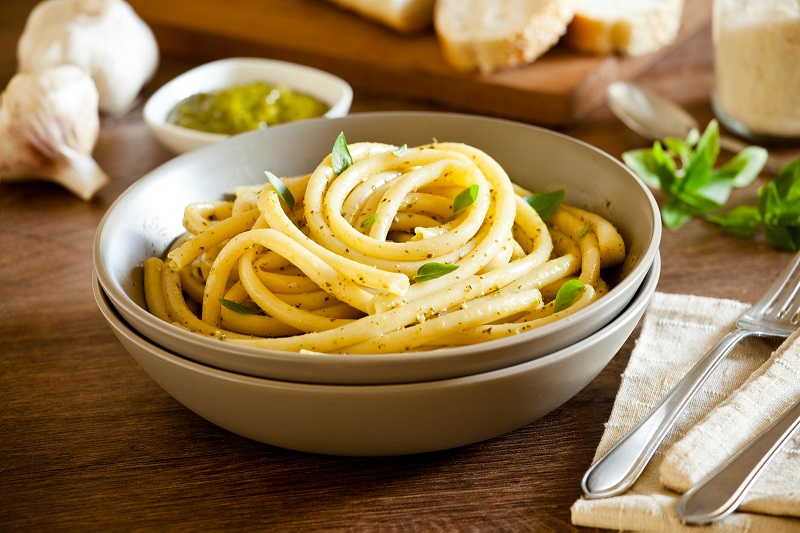
How Long Do Different Types of Cooked Pasta Last?
Different types of cooked pasta will last for different lengths of time. Homemade pasta may have a different shelf life to store-bought pasta, for example, and pasta made without eggs lasts longer than pasta made with them.
Therefore, it’s important to take into account the sauces added to the pasta, its ingredients, and whether the pasta was dry or fresh when cooked.
Some general shelf-life times for various types of cooked pasta include:
- Store-bought fresh-cooked pasta – 2 days
- Homemade cooked fresh pasta – 4 days
- Dry cooked pasta – 4 days
- Gluten-free pasta – 4 days
- Stuffed pasta – 4 days
- Pasta in sauce – 5 days
How Do I Know When Pasta Has Gone Bad?
Eventually, pasta will go bad, even if you store it properly. Of course, if pasta has gone off, it could cause you health problems due to the bacteria and microbes that begin to grow on it.
Therefore, it’s important to take care when storing your cooked pasta and to check to see if it has deteriorated before eating it.
Fortunately, it’s fairly easy to spot gone-off pasta. You’ll know your pasta has gone bad if it is slimy, dull, discoloured, unpleasant smelling, or has developed mould.
How Do I Reheat Cooked Pasta?
There are several ways to reheat cooked pasta. Here are four different methods you could use:
- Reheat in boiling water – You’ll find this process the best and easiest when it comes to warming cooked pasta back up for eating. Bring water to a boil in your saucepan then add some salt. Put the pasta into the water for around 2 to 3 minutes, checking regularly to ensure it doesn’t overcook.
- Use the oven – Preheat your oven to around 175 degrees then spread out the pasta in a shallow baking tray evenly. Add some sauce or milk to keep it moist, cover up the tray with aluminium foil and put it into the oven for around 15 to 20 minutes.
- Use your hob – This simple method is quick and easy. Just pop some butter into a frying pan, add the cooked pasta to the pan and toss it until it is hot. If you wish, you can add some sauce so it is moist.
- Use a microwave – Put the pasta into a microwave-safe container and cover it with microwave-safe plastic wrap. Using a medium heat, cook the pasta for one minute, stir, then cook for one minute more.

Chef’s Pick is your guide to the best kitchen equipment and appliances in the UK.
We help you understand the confusing world of cookers, ovens and cookware so you can get the most out of your kitchen.

